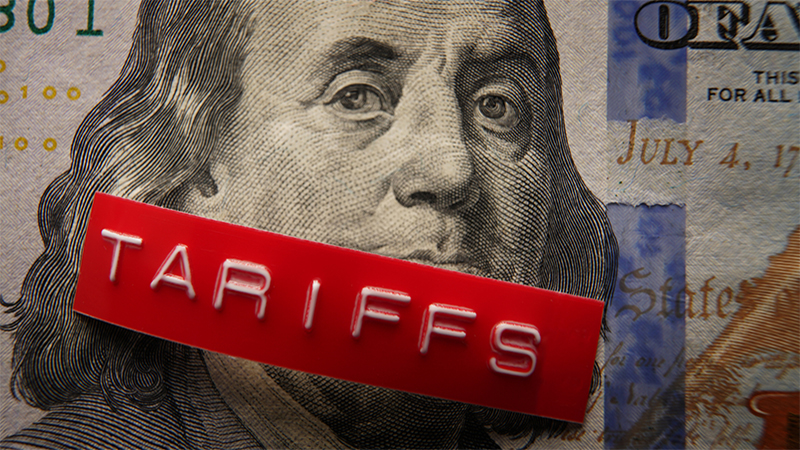As investors considered what Yellen’s comments mean for the Fed’s interest rate hike timeline, the pan-European STOXX 600 fell 3.6%, affected by a sell-off in mining and banking stocks in particular. There are rumours the Fed could also enact a negative interest rate policy, but Yellen said the Federal Open Market Committee (FOMC) had not researched such a policy yet.
“Yellen didn’t say anything brand new, it was similar to her earlier statements, said Alex Dryden, market analyst at JP Morgan. “Yellen left the door open for future rate hikes. There’s no pre-set strategy here; the Fed will be adjusting the interest rate hikes depending on the way markets will go. So I wouldn’t rule them [rate hikes] out in the future,” he added. “The subsequent volatility in European markets will continue. As long as investors are looking to the oil price as the “canary in the coalmine” it will be a choppy ride.”
According to Dryden, expectations for a UK interest rate hike has now been pushed out to 2017. “There’s so much uncertainty regarding the future of the UK, with the market volatility, low inflation and Brexit,” he said.
“Janet Yellen was moderately optimistic in her semi-annual testimony,” added Bryn Jones, head of fixed income at Rathbones. “She was mildly dovish but clearly not rattled. The Fed expect to see oil and dollar stabilise, and a return to the 2% inflation target in the next year,”. I believe, given the positive economic data out of the US, it’s steady as she goes for more interest rate rises this year. The risk scare is overdone, hence our underweight duration.”
Meanwhile, Sweden’s Riksbank cut its key interest rate to -0.5% from -0.35% on Thursday. “This time we decided to lower the interest rate in order to strengthen inflation. At the same time we’re continuing to buy treasuries, said Stefan Ingves, governor of the Riksbank.
The Swedish krona fell against the euro and dollar following the announcement. The Stockholm exchange’s two indexes OMXSPI and OMXS30 were 2% and 3% down respectively, around an hour after the announcement.
Insecurity around the global economy persists, according to the Riksbank, leading to a need for Swedish monetary policy to take account of other central banks that are currently pursuing an expansionary monetary policy.










